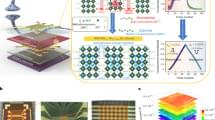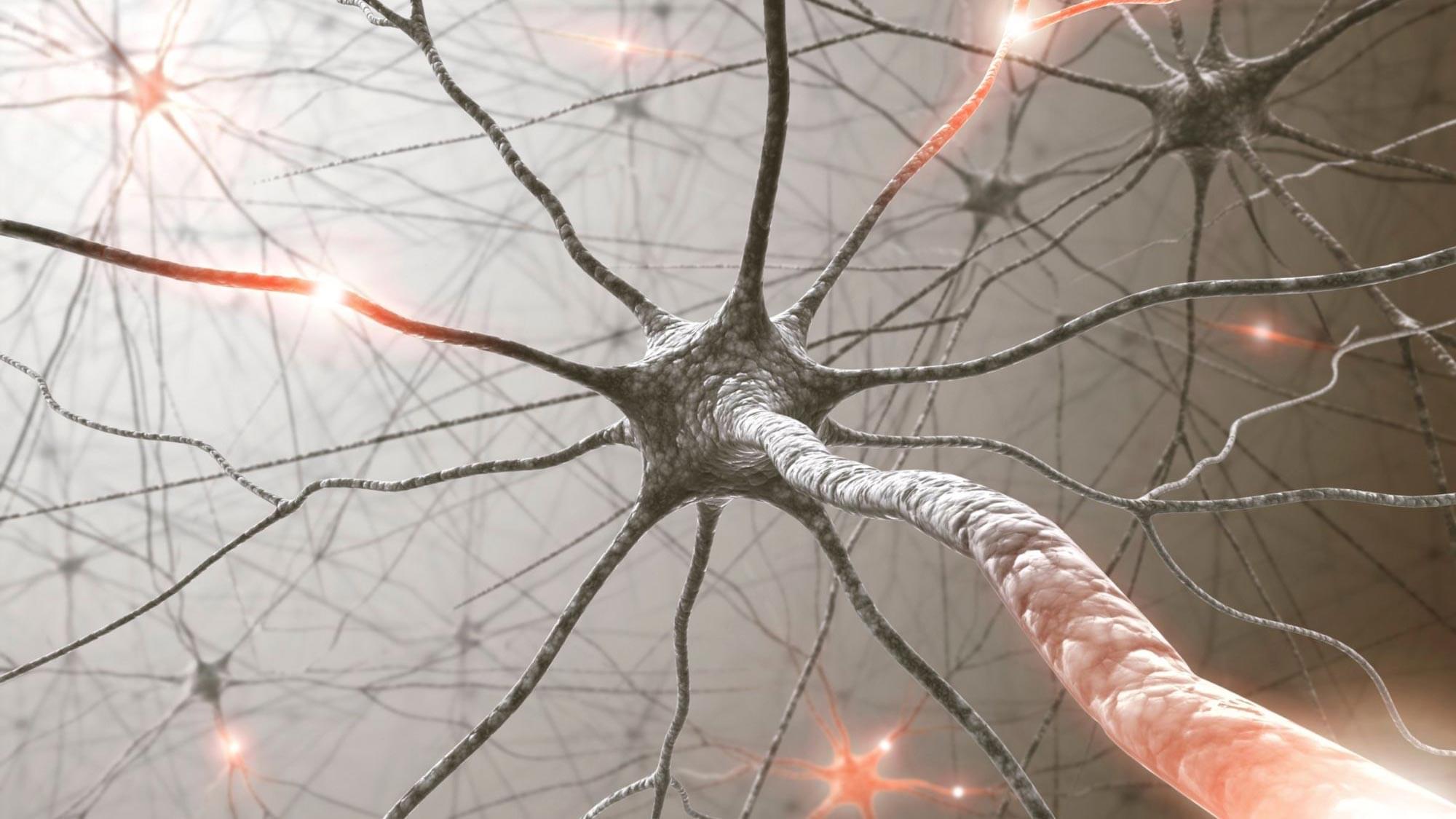Scientists have long looked to the human brain as the ultimate blueprint for computing, seeking to build “neuromorphic” systems that process information with the same efficiency and flexibility as our own neurons. However, replicating the brain’s complex ability to both excite and inhibit signals—essentially “talking” and “listening” simultaneously—has proven difficult with standard hardware.
The problem? Perovskites are often too chaotic. Tiny charged particles called ions tend to zip around inside the material too quickly, making the device’s behavior hard to control. Additionally, the “bottlenecks” (barriers) where the electricity enters the device often cause lopsided performance, preventing the smooth, bidirectional communication required for advanced brain-like tasks.
Li et al. report feedback neurons based on perovskite memristors with a nickel single-atom modified reduced graphene oxide cathode. The device successfully implements an unsupervised learning network with over 50% clustering accuracy and cooperative learning for solving NP-hard combinatorial optimisation problem.








